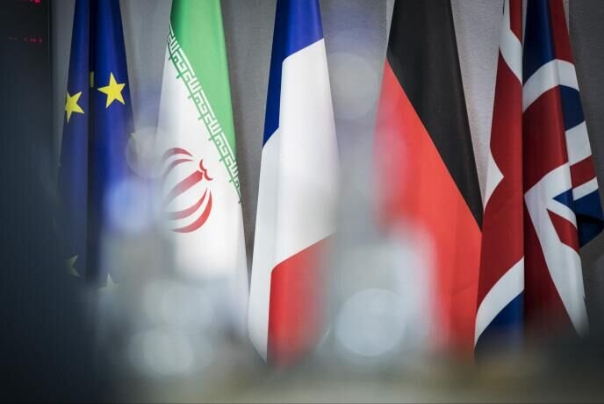
NOURNEWS - The developments after the adoption and promulgation of the law "Strategic Action to Lift Sanctions and Protect the Rights of the Iranian Nation" and the reactions that emerged from the West clearly showed that the action was taken both in terms of nature and In terms of time, it is absolutely necessary and effective, and accurate and without compromise follow-up of this law can, while increasing the acting power of the Islamic Republic in this field, restore the lost initiative to realize the rights of the Iranian nation.
Although most of the moves we have seen from the West, especially the United States, in recent weeks have been dramatic and lack fundamental value in showing the goodwill of the new US administration, it is clear that such actions are the result of Iran's new efforts to diligently implement programs. It is confrontational.
Biden's remarks at the Munich summit and his readiness to negotiate with Iran on the nuclear issue within the framework of the P5 + 1, as well as sending a letter to the Security Council and withdrawing the request for Snapback by emphasizing the validity of Resolution 2231, are among the actions done with a dramatic approach and to show the United States activity in the field of change towards direction established by Trump.
Furthermore; Lifting of restrictions on the movement of Iranian diplomats to New York and its return to normalcy, along with the announcement of readiness to attend an informal meeting of the IAEA as a guest, are among the moves that have been pursued since Iran announced its intention to suspend oversight.
On the other hand; The European Union has also tried to take active action to get the United States out of the current situation, and in this context, by taking tough positions to put pressure on Iran, has begun an increasing effort to create a new playground to meet US conditions.
The plan to "hold an informal P4 + 1 meeting with the United States as a guest" to look at how Washington is returning to JCPOA, rather than lifting sanctions, is the result of this new approach and a first step toward making Iran passive.
The positions of Biden and those close to him clearly show that the US government seeks to evade lifting sanctions and is willing to continue the status quo, which has resulted in the restrictions imposed on Iran remaining without any concessions.
According to this strategy, the design of the negotiation process will only lead to the activation of coercion diplomacy against Iran and will have no achievements for the Islamic Republic.
Naturally, after Iran agrees to attend this meeting, the first expectation of the participants from the Islamic Republic is to stop Iran's actions to continue the dialogue, which is favorable to Europe and the United States and puts us in a passive position. However, according to the clear order of the Supreme Leader of Iran, the condition of Iran to return to its obligations is to lift all sanctions.
Certainly, Iran's interests dictate that it does not fall into the trap of accepting pressure through negotiation, and it reciprocally demonstrates that the US-Europe plan and its ambitions will not be effective by putting aside as many JCPOA restrictions as possible and effectively managing economic conditions within the framework of the "active resistance" strategy.
There is definitely no need for negotiation to prove US goodwill and unconditional lifting of sanctions, but to start negotiations, proving the goodwill of the United States is inevitable.

No comments:
Post a Comment